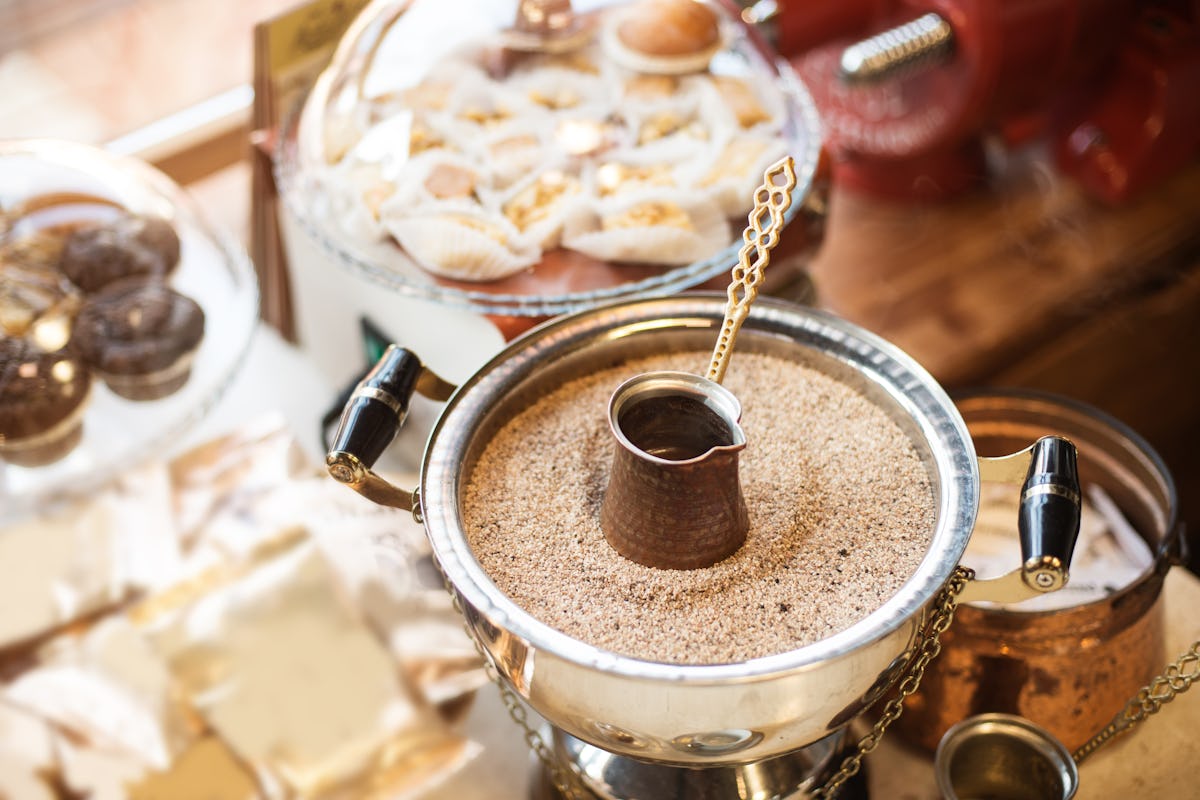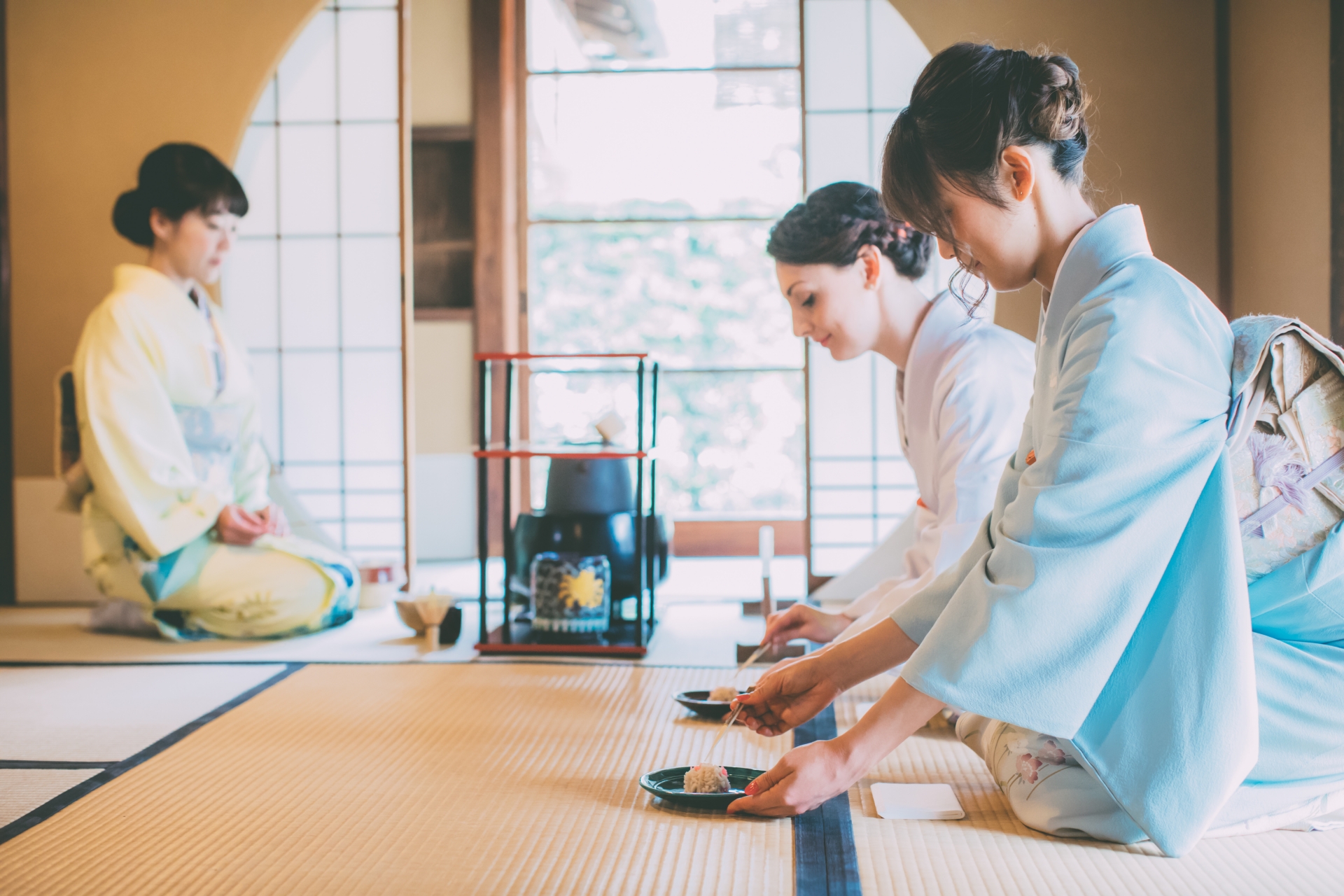vacationhavenhome.com – Turkish coffee is more than just a beverage; it is a cultural treasure that represents hospitality, friendship, and centuries-old traditions. As one of the most iconic symbols of Turkish heritage, Turkish coffee holds a special place in social, ceremonial, and everyday life. With its distinctive preparation, serving style, and significance, Turkish coffee culture continues to thrive in modern times.
1. The Origins of Turkish Coffee
Turkish coffee has its roots in the Ottoman Empire, where it was introduced in the 16th century. Coffee quickly became a cornerstone of social gatherings, often referred to as “the wine of Islam.” Over time, it spread across the empire and into Europe, influencing coffee traditions worldwide.
2. Preparation: A Unique Art
The preparation of Turkish coffee is a meticulous process that sets it apart from other coffee styles.
- Finely Ground Beans: Turkish coffee uses extremely fine coffee grounds, almost like powdered sugar, to create its signature texture.
- Cezve (Coffee Pot): The coffee is brewed in a small, long-handled pot called a cezve. It is typically made of copper or brass and designed for stovetop brewing.
- Ingredients: Water, coffee, and sometimes sugar are combined in the cezve and slowly heated over low flame to ensure a thick, frothy layer forms on top.
- No Filtering: Unlike other methods, Turkish coffee is not filtered. The grounds settle at the bottom of the cup, leaving a rich and robust flavor.
3. Serving: A Ritual of Hospitality
Turkish coffee is traditionally served in small porcelain cups called fincan. The presentation is as important as the coffee itself:
- Accompanied by Sweets: Turkish coffee is often served with a small treat like lokum (Turkish delight), dried fruits, or chocolates to balance its strong flavor.
- Water: A glass of water accompanies the coffee, allowing drinkers to cleanse their palate before savoring the brew.
- Froth Is Key: A well-prepared Turkish coffee is judged by the quality of its froth; a thick, even layer of foam on top indicates mastery in brewing.
4. Social and Ceremonial Significance
A Symbol of Hospitality
In Turkey, offering coffee is a gesture of respect and hospitality. Guests are often welcomed into homes or offices with a freshly brewed cup of coffee.
Marriage Tradition
Turkish coffee plays a unique role in marriage traditions. When a man visits the bride-to-be’s family to ask for her hand in marriage, the prospective bride serves coffee. As a playful test of the groom’s character, she may add salt instead of sugar to his cup. His reaction reflects his patience and demeanor.
Coffeehouses as Social Hubs
During the Ottoman era, coffeehouses were important social spaces where men gathered to discuss politics, literature, and art. These coffeehouses, known as kahvehane, were the precursors to the modern café culture we see today.
5. Fortune Telling: Reading the Coffee Grounds
One of the most intriguing aspects of Turkish coffee culture is fortune-telling, known as fal. After finishing the coffee, the cup is turned upside down onto the saucer, allowing the grounds to create patterns. These patterns are then interpreted to reveal insights about the drinker’s future.
6. UNESCO Recognition
In 2013, Turkish coffee culture was added to UNESCO’s Intangible Cultural Heritage list. This recognition highlights the cultural and historical significance of Turkish coffee and its role in fostering community and tradition.
7. Modern Turkish Coffee Culture
While the essence of Turkish coffee culture remains deeply rooted in tradition, it has also adapted to modern times:
- Cafés and Restaurants: Turkish coffee is a staple in local cafés and restaurants, often paired with contemporary desserts.
- Global Appeal: With the rise of specialty coffee, Turkish coffee has gained popularity internationally, with many coffee enthusiasts exploring its unique preparation and taste.
- Innovations: Modern takes on Turkish coffee include brewing it with cardamom, cinnamon, or even serving it iced.
8. Tips for Enjoying Turkish Coffee
- Sip Slowly: Turkish coffee is meant to be enjoyed slowly, allowing you to savor its bold flavor.
- Avoid Drinking the Grounds: Leave the sediment at the bottom of the cup untouched.
- Pair It with Sweets: Enhance the experience by pairing the coffee with Turkish delights or a piece of baklava.
Conclusion
Turkish coffee is more than a drink—it’s a cultural experience that bridges the past and present. From its intricate preparation to its role in social rituals, Turkish coffee embodies the warmth and hospitality of Turkish culture. Whether enjoyed in a bustling café in Istanbul or at home with loved ones, Turkish coffee continues to be a timeless symbol of connection and tradition.




